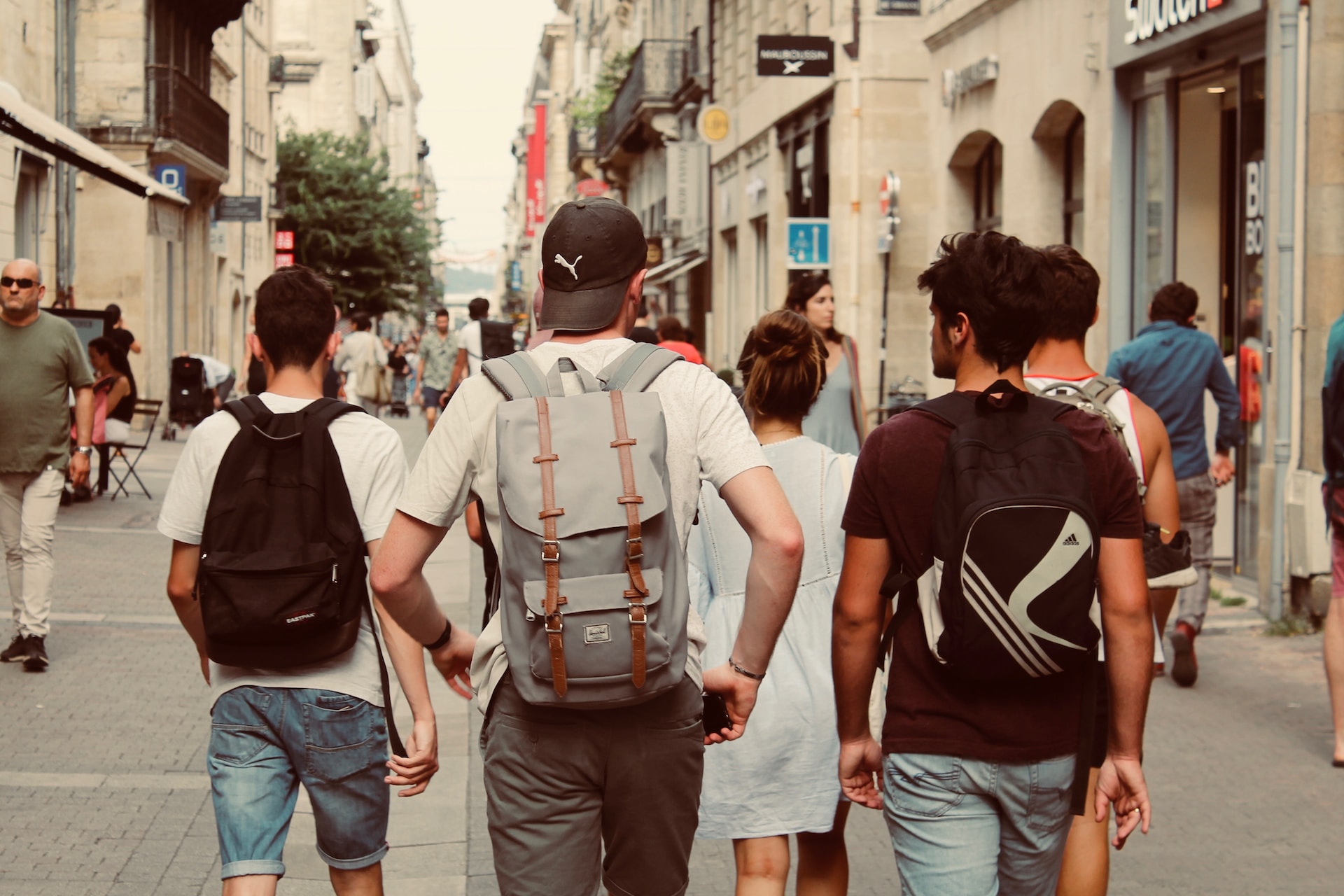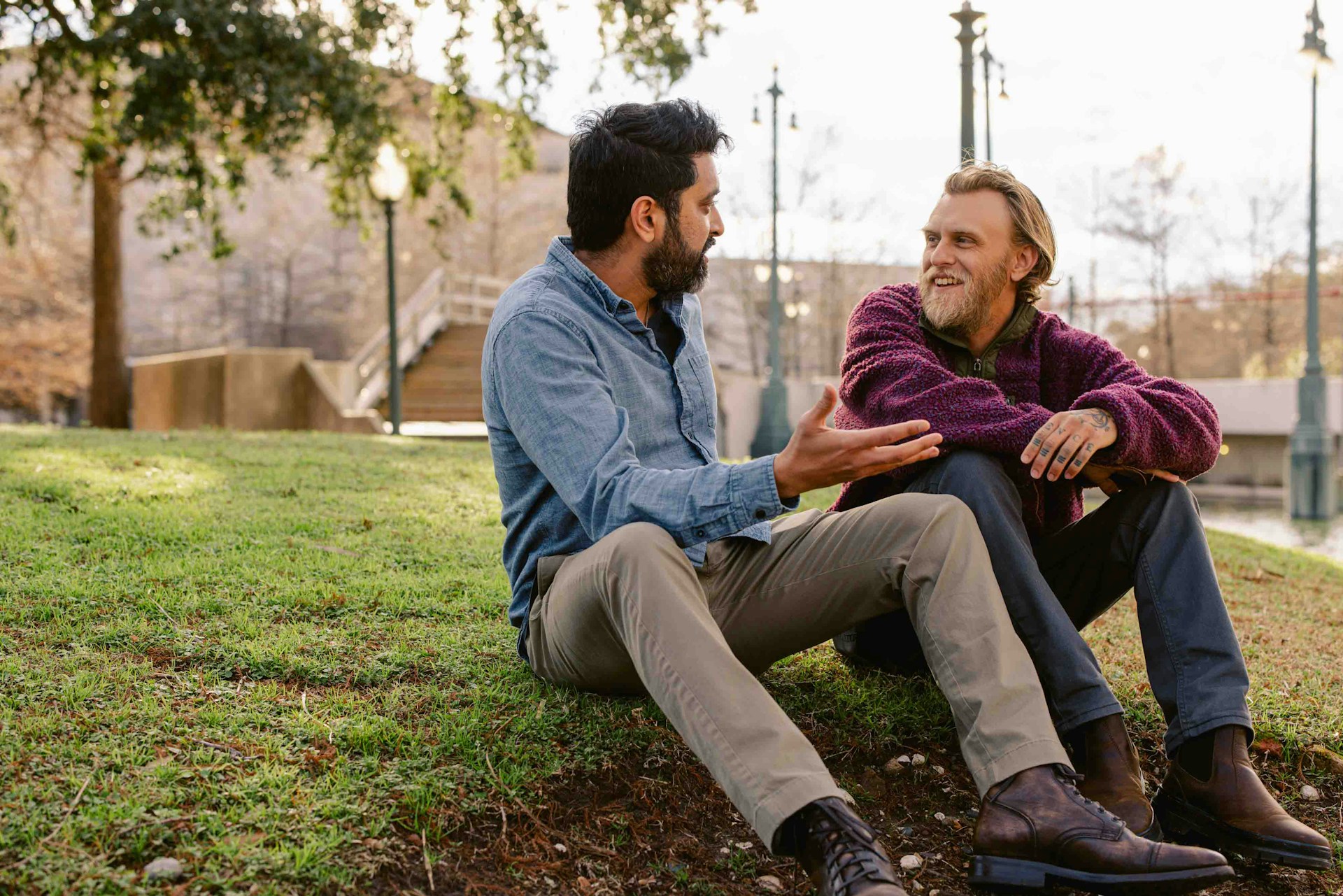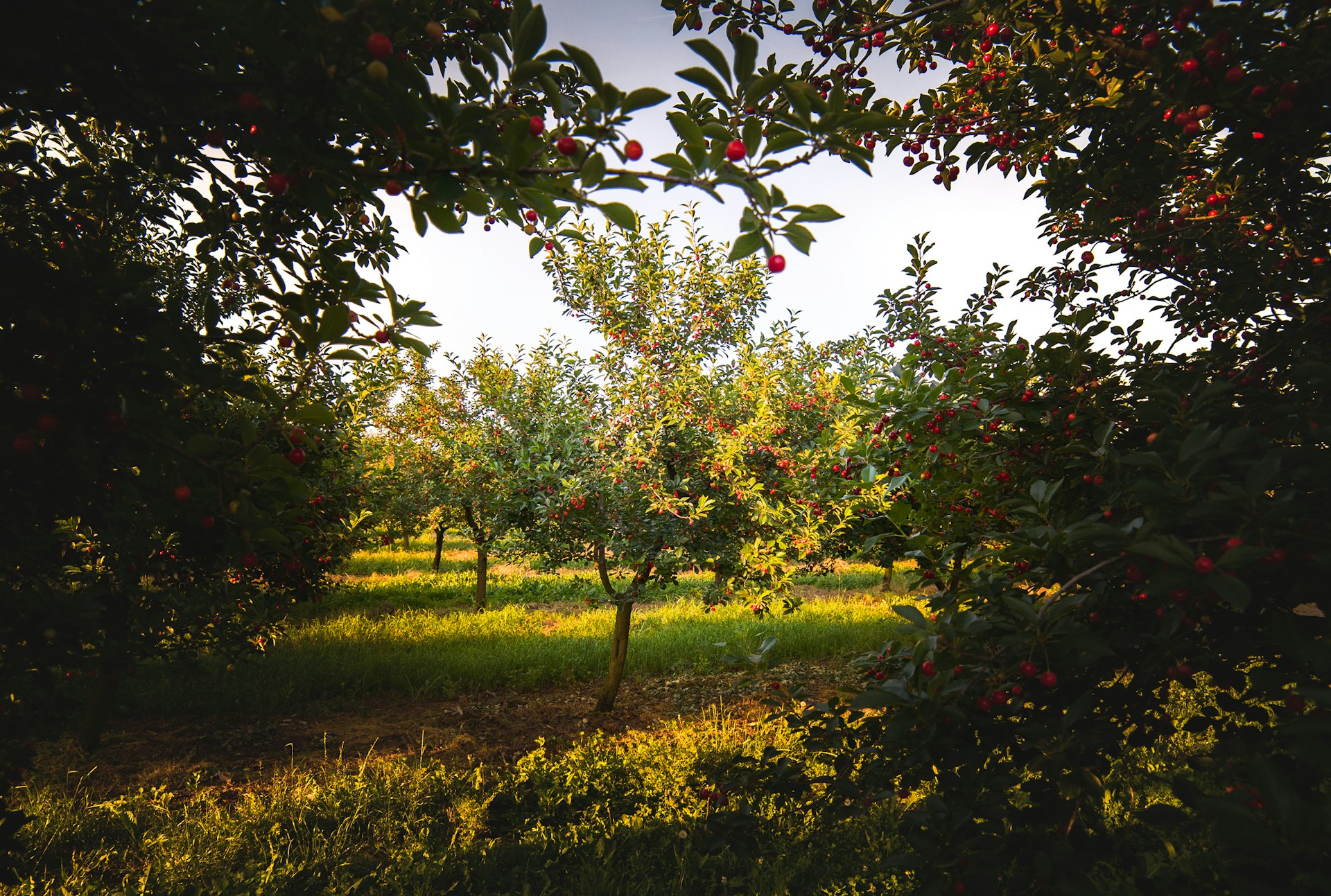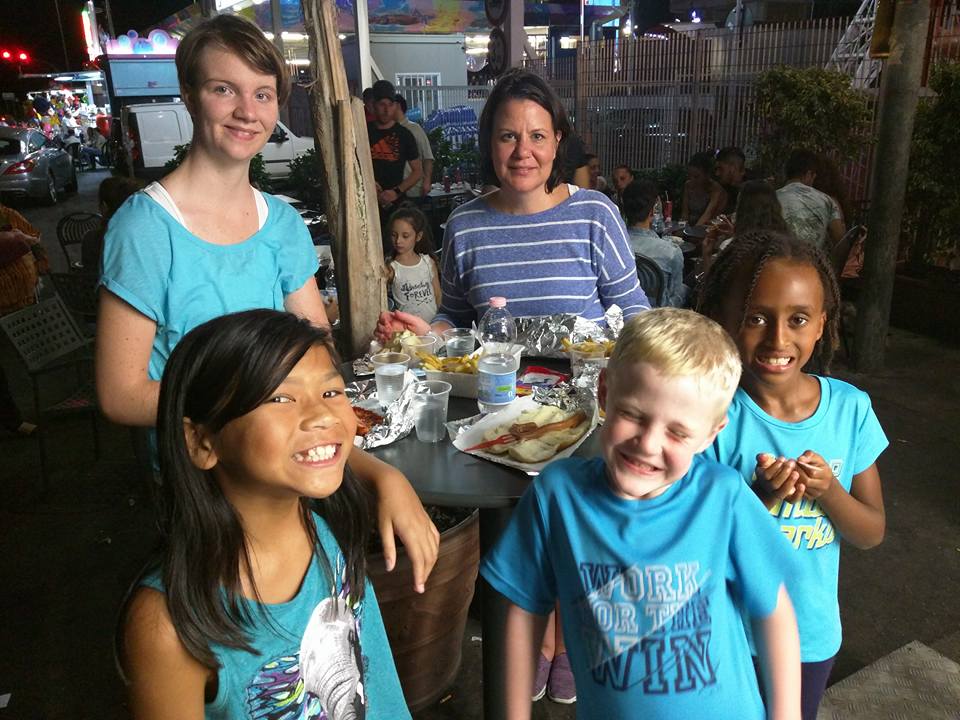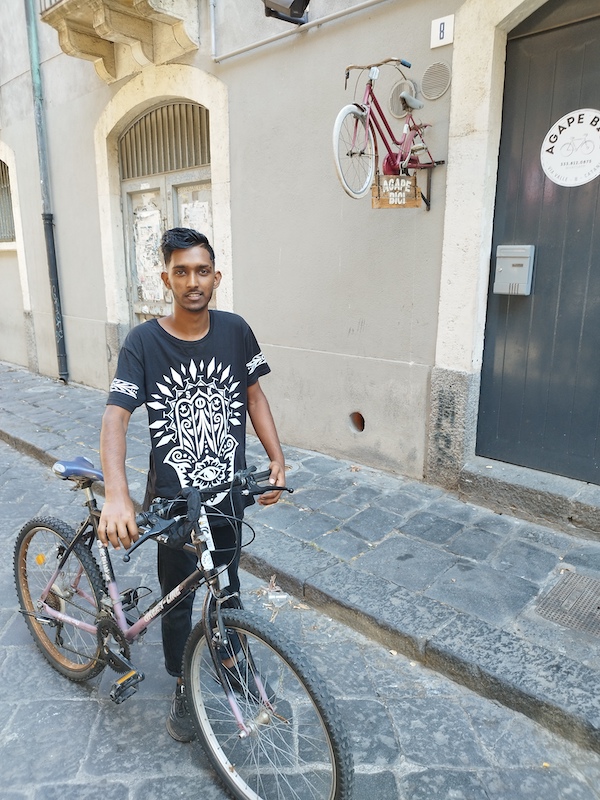Scheduling Your Team
The table below provides the latest updated information regarding available slots for short-term teams to work with our ministry teams. If you would like to schedule a team, please select from one of the available slots to propose your team.
|
|
|
|
|---|---|---|
| Select a month or a location to view the available slots for your short-term team. | ||
Overview
We are asking God to use us to start a discipleship movement among refugees in Italy. You may wonder, what is a discipleship movement? These aren’t our videos, but these two videos on YouTube may help explain further what we mean when we talk about a discipleship movement:
Many refugees have come to Italy, hundreds of thousands in the last few years. We believe that there is a window of opportunity to connect with those who have come and who may then carry the message of the Gospel with them as they travel further, or possibly someday back to their homelands, should they return home. Our desire is not only see the discipleship movement happen here, but due to the transient nature of the immigrants and refugees, we look forward to seeing the Gospel carried directly into the heart of the places where these disciples will travel.
Where will we meet with the refugees?
Most of the refugees entering Italy have come by way of boat through Libya, across the Mediterranean Sea, and have been picked up by a rescue boat. You can see additional information on this process by either watching this segment from 60 Minutes or by reading this New York Times online article.
Once the refugees have landed in Sicily or other parts of Italy, they are taken to facilities that are primarily run by private organizations but are funded on a per-person basis by the government. Many stay in these facilities, but others decide to try to continue traveling north or to go to the city to seek work.
We will meet refugees both on the streets, and depending on the location where you are working, possibly also in the facilities where they are being housed. We will frequently meet the refugees within certain sections of town near transportation centers, open markets, or mosques where many of the Muslims from these populations are found to engage in conversations with them where they live, work, and worship.
Where are the refugees from?
There are refugees coming from many countries throughout Africa and the Middle East. The largest groups arriving recently in Sicily come from countries such as Eritrea, Somalia, Nigeria, Gambia, and other African countries. However, you may also come across people from Iraq, Egypt, Sudan, Bangladesh, Pakistan, or Afghanistan.
What is the age and gender make-up / distribution of the refugees?
While specific statistics are not available, our experience and observations are that the majority of the refugees are men between ages 20-40. We do know that there are also a significant number of women and children within the refugee population, but these people are heavily protected and guarded by the Italian government, especially the children.
What misconceptions about refugees should be dispelled before coming to Italy?
The issue of refugees and displaced people can be difficult to understand, especially with all that is now happening around the world. We have created a separate page with answers to common misconceptions about refugees coming to Italy.
What will our team actually do?
- Short-term teams are sent onto the streets and into, or around, refugee facilities to meet and start relationships with “persons of peace” who may be open to the Gospel and introduce it to their community (see Luke 10).
- Upon finding a person of peace, start a 3/3rds Group with them and any of their friends that would like to meet with you.
- Introduce a long-term team member to your new friend who will then continue to meet with this person in an ongoing relationship after the team leaves.
Your team will partner with the long-term team in Italy and Italian churches who are working to disciple the refugees that your team will meet. Here is the process that we are using:
We will send groups of maximum 2-3 onto the streets and, if scheduled to go into a camp, groups of 4-5 maximum into those facilities. Based on the unique talents of your group, you may want to organize activities, especially in the refugee facilities, but the goal in each group will be to find persons of peace by presenting the Gospel by sharing your story and scriptural stories.
In addition to the description above, we have also created a document with additional details on the activities that we plan for the short-term teams that come to Sicily.
How are the short-term teams scheduled?
The Trip Leader should propose a team to come to Italy to work with us using the table above. Select the month that you would like to come to work with us and fill out the form. The long-term team will then review your proposed team and communicate with you for additional information or approvals. Once you have been approved, the planning process for the trip will begin.
How many people can be on my team?
In Catania, you can have a maximum of 12 people on the team. In Como, you can have a maximum of 10 people on your team.
Who leads the trips?
The local ministry team will assist you and work with you, but the trip is largely led by the Trip Leader. You can learn more about the Trip Leader’s responsibilities on the Trip Leader Guide.
What training will the team receive?
Search Party provides a 6-lesson online training that is required to be completed prior to coming to Italy. This training includes the following elements:
- Watching a series of videos on ministry with Muslims.
- Learning a series hands-on tools that you will use in Italy.
- Applying the training in your area before coming on your trip.
What languages do the refugees speak? Will we really be able to speak with them in English?
As you might expect, there are many different languages and dialects spoken amongst the refugees. However, in our experience, we are frequently able to communicate with the refugees in English. This is not always the case, but we have frequently found that, even if one is not able to speak in English, another person within a group can speak English well enough to help translate. On the other hand, if you happen to speak French, you will be a great asset to the team as many of the African refugees speak French.
Is it safe to work with refugees in Italy?
Neither we, nor our Italian partners, have experienced violence while working amongst the refugee population. While we cannot, of course, guarantee safety, we do believe that it is generally a safe environment for teams to join the work in Italy.
